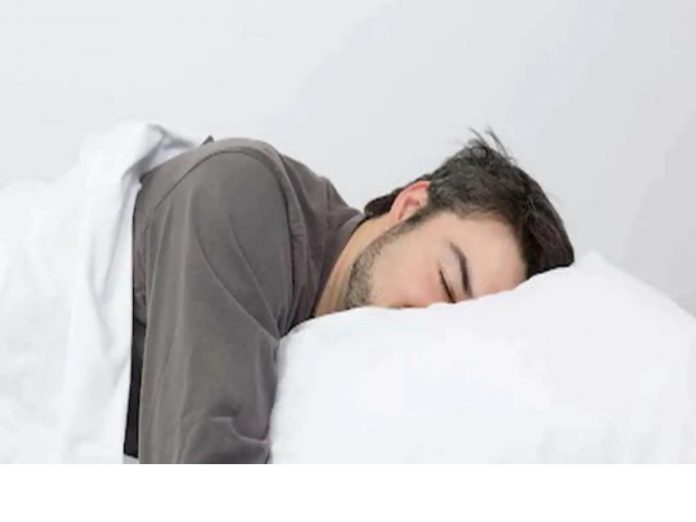People with epilepsy who sleep on their stomachs may be at greater risk of sudden unexpected death, according to new research.
Epilepsy is a brain disorder that causes brief disruptions of electrical activity that lead to recurrent seizures. Because sudden unexpected death in epilepsy (SUDEP) is the main cause of death in uncontrolled epilepsy and usually occurs unwitnessed, researchers set out to determine the link between prone position (stomach) sleeping and SUDEP.
The researchers, led by James Tao, MD, PhD, an associate professor of neurology at the University of Chicago, reviewed 25 previously published studies that included 253 SUDEP cases where body position was recorded. Findings showed that 73 percent of these cases died while in the stomach-sleeping position.
After an examination of a subgroup of 88 people, researchers determined that people under the age of 40 were four times more likely to be found on their stomachs at the time of sudden death than those over 40. Findings showed 86 percent of those under 40 were in the prone position, compared to 60 percent for those over 40.
“We’re not sure why this was more common in younger people,” Tao said in a news release. “It may be that they are more likely to be single and not have anyone with them during a seizure while sleeping,” he added.
Tao said the findings drew parallels to sudden death syndrome (SIDS), which occurs when babies are unable to wake up if their breathing is disrupted. He suspects that people on their stomachs may have an airway obstruction and be unable to rouse themselves.
“When the mouth and nose are even partially buried in the pillow or bedding, you create an environment where you don’t get a significant exchange of fresh air; you exhale carbon dioxide and inhale it back, creating hypoventilation,” Tao told Medscape.
Emphasizing that the study does not provide proof that stomach sleeping causes SUDEP, Tao nonetheless urges people with epilepsy to sleep on their backs and to use monitoring devices that will signal a seizure.
“Our findings highlight an important strategy for preventing unexpected death in epilepsy – that ‘back is best.’ Using wrist watches and bed alarms designed to detect seizures during sleep may also help to prevent these deaths,” advised Tao.








